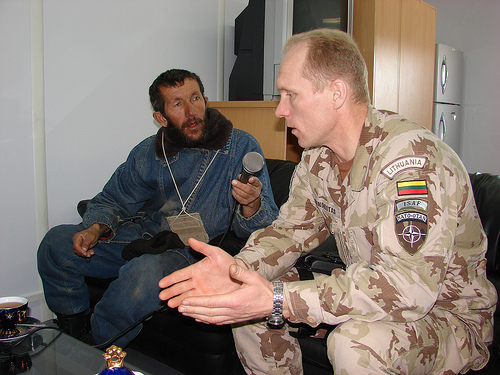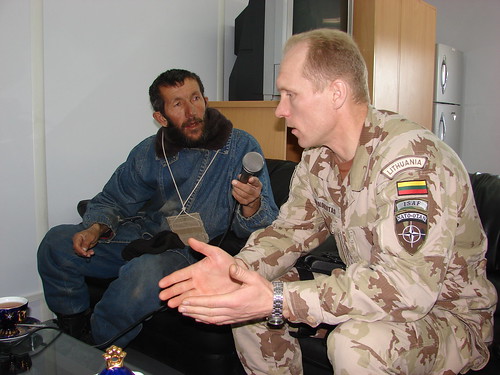General
3 Tips For Veterans Transitioning To Work In The Civilian Sector

1. Prepare for different rules.
Veterans may have an easier time finding a job than most people, but they have a harder time holding on to them. That is because expectations are so different in the private sector. There is only one way to do things in the military, and that is the military way.

There are a million different ways to do things in civilian life, and it can be confusing. Some places of business are as intense as almost anything you experienced in the service, and it is not the places you would expect. Many jobs in agriculture, manufacturing, or warehousing can be several times more physically challenging than anything you may have experienced in the military, and that is saying something. There are jobs where you are measured exactly by what you produce, like sales or any commission-based job. These require a level of focus that most veterans can easily attain, but they need to know to be ready for it.
Perhaps the most difficult jobs are the ones where nothing is expected and nothing is required. There are actually a lot of these sorts of jobs, though they do not pay well. Any career in security work requires more “not doing” than “doing,” for the simple fact that when there is nothing wrong, it means there is often nothing to be done. The worst thing security personnel can do is to make trouble so that they have something to do, and this is unfortunately exactly what a lot of people in security services do. It is a good way to lose a good job.
2. Keep Looking Until You Find The Place For You.
In the military one gets used to the idea that a government organization is observing them and finding for the best job for them. That department could be completely clueless, incompetent, and incorrect, but they exist. That is not the case outside of military life.
The civilian world is nebulous and uncaring. Most jobs are based on the idea of getting along with the other people who work there. It is essential that an employee understand their duties, carry them out well, and interact peaceably with all the other employees. The last part might be the most important part. Civilians are expected to find their own place. They are expected to look around until they find a situation that is right for them, and if the situation is not right they are expected to remove themselves. An employee must understand their work situation and comport themselves accordingly. But no one ever makes it clear what that means. It is different in every workplace.
Every job comes with a thousand assumptions, spoken and unspoken, and an applicant is never fully informed of what their duties would be. They are simply expected to pick them up, and quickly, and to leave if they cannot. The learning curve in civilian life can be quite steep, and there are rarely second chances. Don’t worry if your first job doesn’t work out, or your second. Just pick yourself up and keep looking. There is a place for you out there.
3. Relax.
Everything that you need to succeed in the job market was taught to you in the military. The biggest problem is that the civilian sector never needs all your skills at once. They require concentration and specialization. Find a job that speaks to some part of your experience and then work on building it up. Let your service be your foundation, and add the new skills that you need as you go along. You have discipline, determination, and motivation. All you need to do is find the right place to use it, and you will be fine.
Attached Images:
- License: Creative Commons image source
Mark Hester is a military historian and guest author at Best Colleges Online, where he contributed to the guide to the Top Ten Degrees for Veterans.
-

 Tech11 years ago
Tech11 years agoCreating An e-Commerce Website
-

 Tech11 years ago
Tech11 years agoDesign Template Guidelines For Mobile Apps
-

 Business6 years ago
Business6 years agoWhat Is AdsSupply? A Comprehensive Review
-

 Business10 years ago
Business10 years agoThe Key Types Of Brochure Printing Services
-

 Tech8 years ago
Tech8 years agoWhen To Send Your Bulk Messages?
-

 Tech5 years ago
Tech5 years ago5 Link Building Strategies You Can Apply For Local SEO
-

 Law5 years ago
Law5 years agoHow Can A Divorce Lawyer Help You Get Through Divorce?
-

 Home Improvement6 years ago
Home Improvement6 years agoHоw tо Kеер Antѕ Out оf Yоur Kitсhеn































